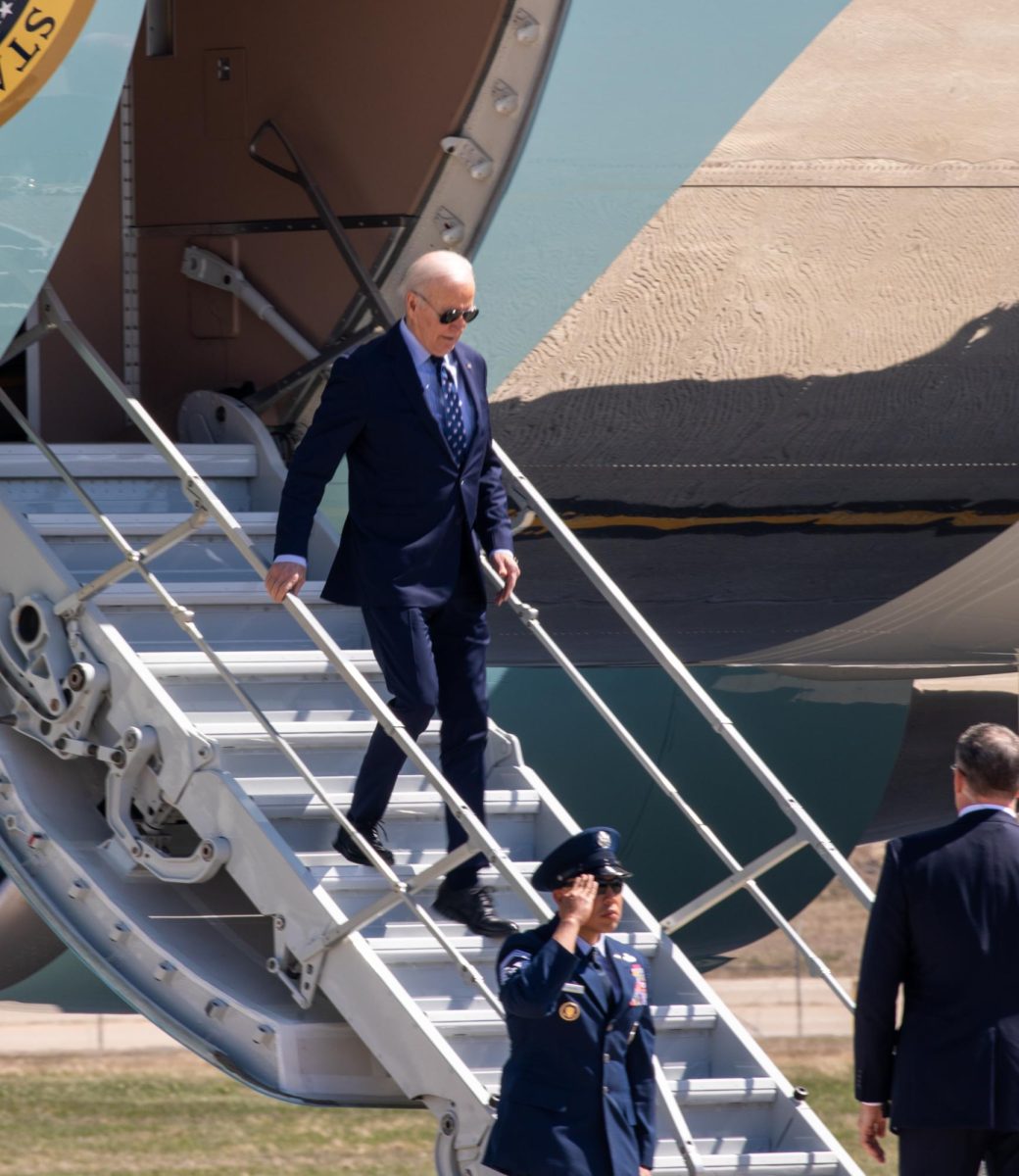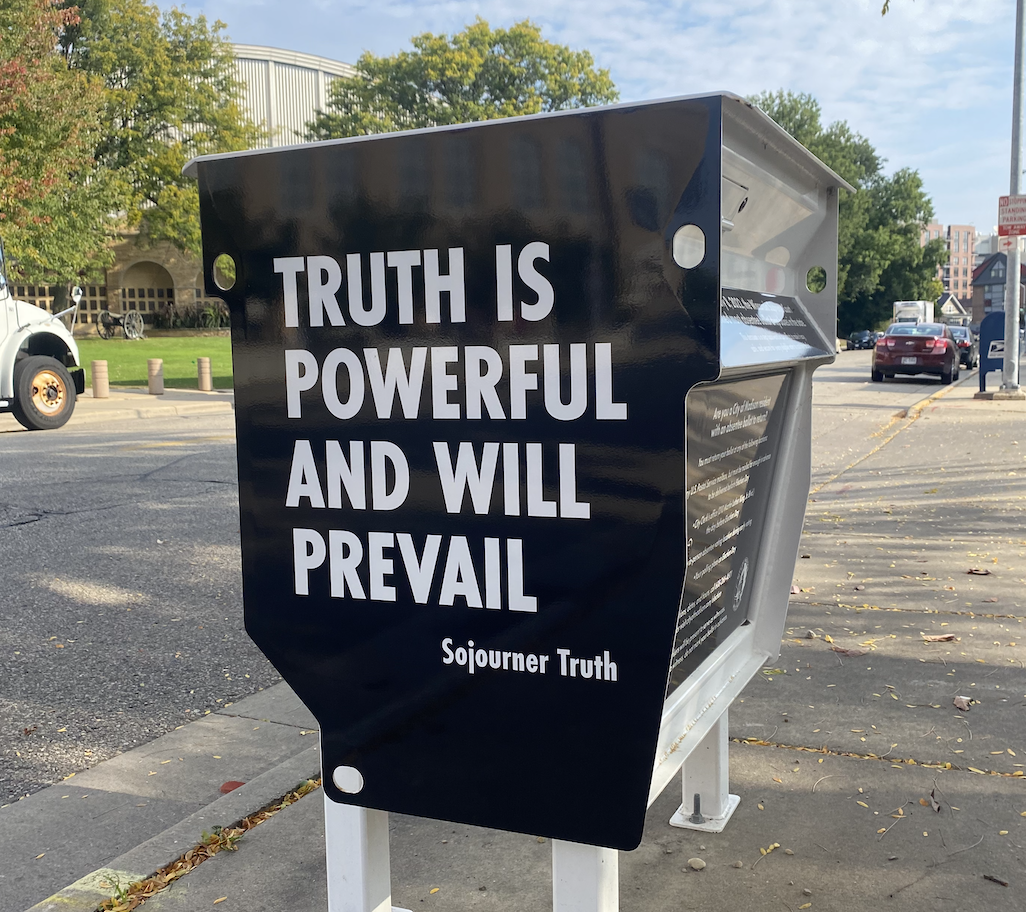Now that the election is over, President Bush finds himself back in office, supported by solid majorities in both the Senate and the House of Representative. Since Bush need no longer worry about his re-election, he can be expected to exercise less restraint as he attempts to pursue a widespread ideological realignment of the executive branch.
This can already be seen in the appointment of the hawkish Condoleeza Rice as secretary of state, an appointment previously filled by Colin Powell, who was seen as a moderate.
The hard-line, polarizing figure of John Ashcroft recently left the post of attorney general, but his proposed replacement, White House Counsel Alberto Gonzales, may prove to be just as divisive and controversial. Here, then, is a sneak preview of how your rights and liberties may be affected with President Bush back in the saddle and Gonzales running the Justice Department.
The PATRIOT Act strikes back: Bush has repeatedly asked Congress to ignore the sunset clauses in the PATRIOT Act (a wish list of expanded and constitutionally questionable investigation powers for law enforcement agencies, passed in the aftermath of Sept. 11) and insure that it remains law permanently.
A draft of PATRIOT II is in the works, threatening to erode Americans’ Fourth and Fifth Amendment rights further and make pervasive and intrusive law enforcement a fact of life. The good news is that there are many libertarian Republicans and Democrats with strong civil rights backgrounds who will oppose any effort to make the PATRIOT Act permanent law.
Additionally, a federal judge recently struck down a provision of the law that essentially allowed the FBI to write warrants for itself (instead of having to obtain them from judges) when searching for evidence. The bad news is that only certain parts of the PATRIOT Act will be up for reconsideration.
The rise of secret law: The Homeland Security Act (another post-Sept. 11 law) contains several provisions whose wording is unknown to the public, and it’s likely that more such laws will be passed in the name of counter-terrorism. Among such secret laws are the regulations governing the criteria by which airport screeners decide who doesn’t board a plane or is searched for weapons. Even a former Idaho Congresswoman who was recently prevented from boarding was denied access to the regulation when she asked for it.
Torture as a standard interrogation tactic: Gonzales, who once described the Geneva Conventions as “quaint,” was the author of a 2002 Justice Department memo that sanctioned the use of torture when interrogating “enemy combatants” and detainees. While this does not necessarily extend to all U.S. citizens, recall that some terror suspect detainees, such as the recently released Yaser Esam Hamdi, are U.S. citizens.
“Your papers, please”: Post-Sept. 11 intelligence reform legislation currently being finalized in Congress contains provisions for the creation of a national identification system in which every U.S. citizen will be assigned a national I.D. card. Such a system would be ineffective at stopping terror — false documents could be used to obtain suitable identification, and many of the Sept. 11 hijackers were living legally in the United States.
More importantly, such a system runs counter to the spirit of federalism and would invite systematic abuses. It is within the power of the states to provide credentials such as drivers licenses that establish identity, and few Americans would stand for a system in which motorists could be stopped at a state border and challenged to identify themselves, or mandatory I.D. cards could be used to track individuals’ movements and transactions.
Political organizations of all stripes, from the American Civil Liberties Union to the Gun Owners of America, have called for the provision to be removed from the omnibus intelligence reform bill.
If, after four years, President Bush and Alberto Gonzales are allowed to pursue their radical law enforcement agenda to such a dramatic extent, America will increasingly resemble the CIA, which has recently been purged by newly appointed Director Peter Goss of officials and agents deemed insufficiently loyal to the administration: a culture where dissent is perceived as disloyalty, guilt is presumed and everyone is fair game for increased government surveillance and scrutiny.
Rob Hunter ([email protected]) is a senior majoring in political science and philosophy







